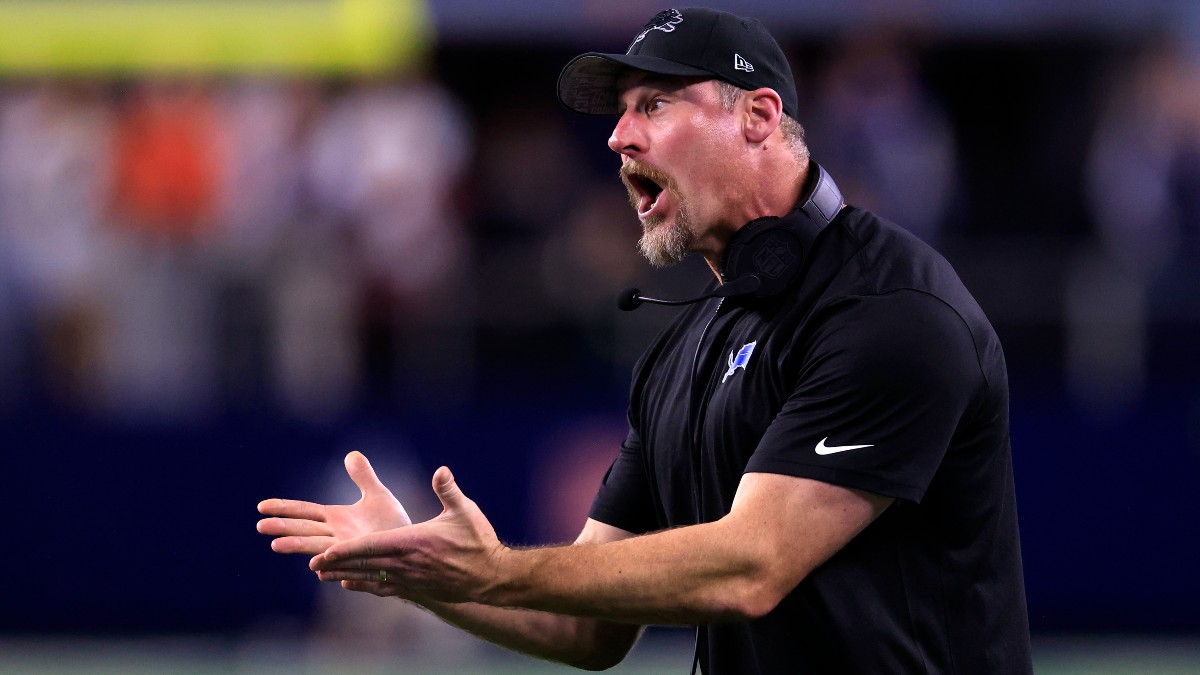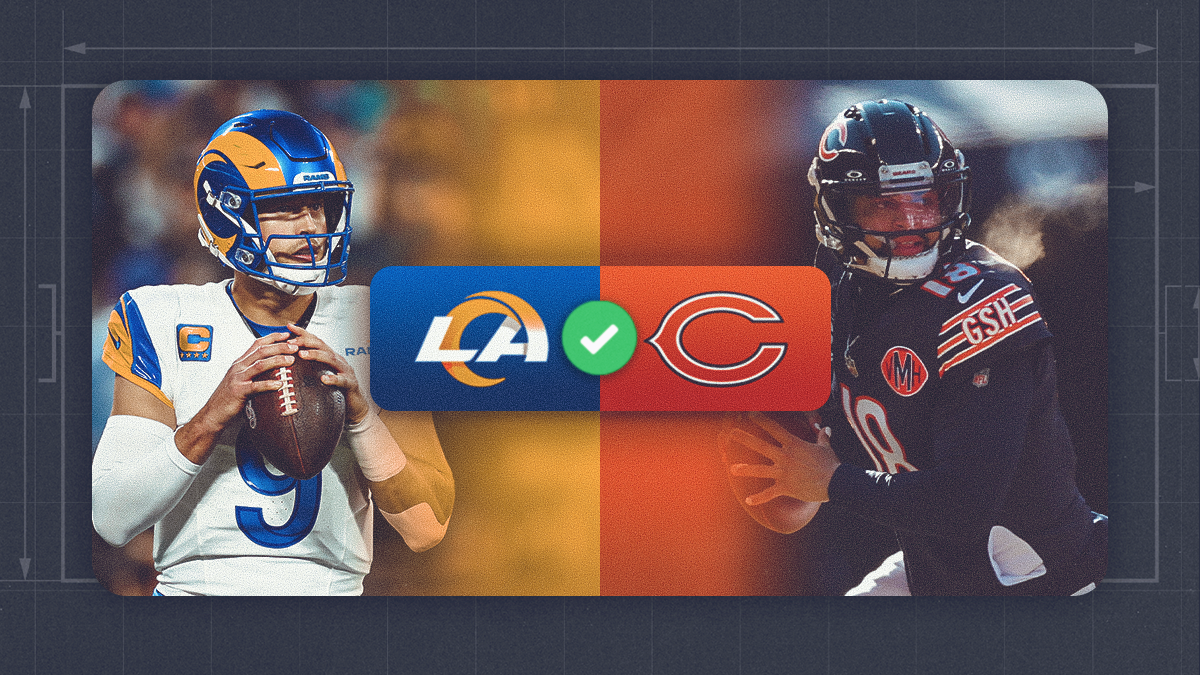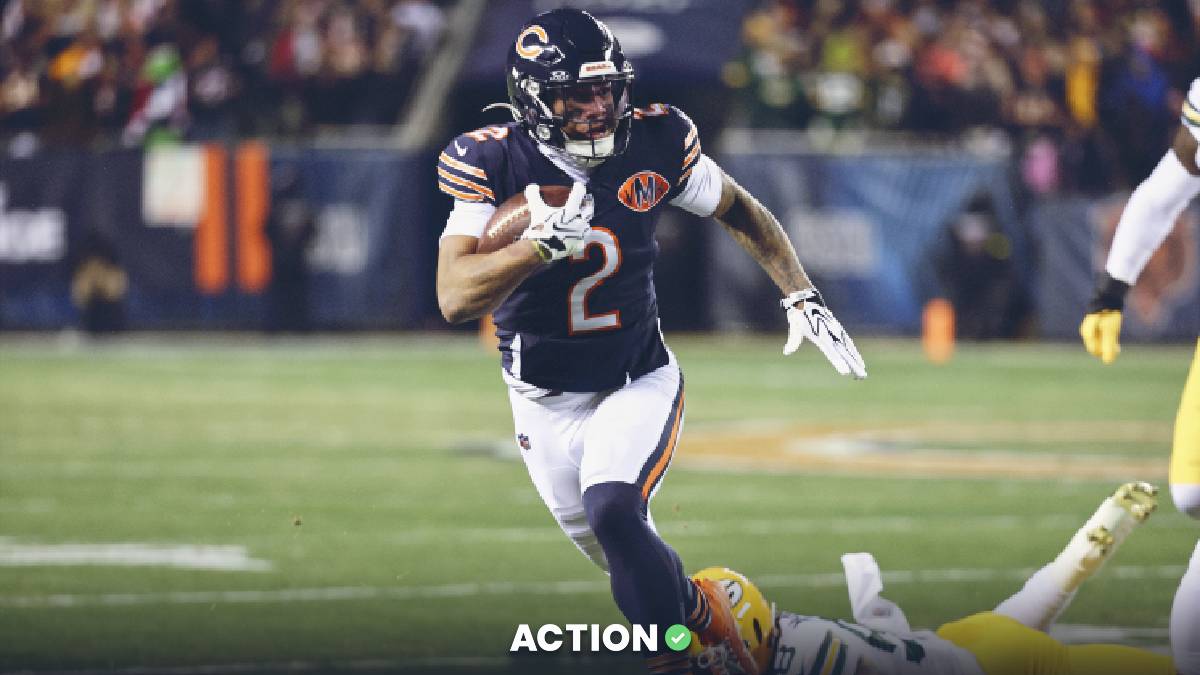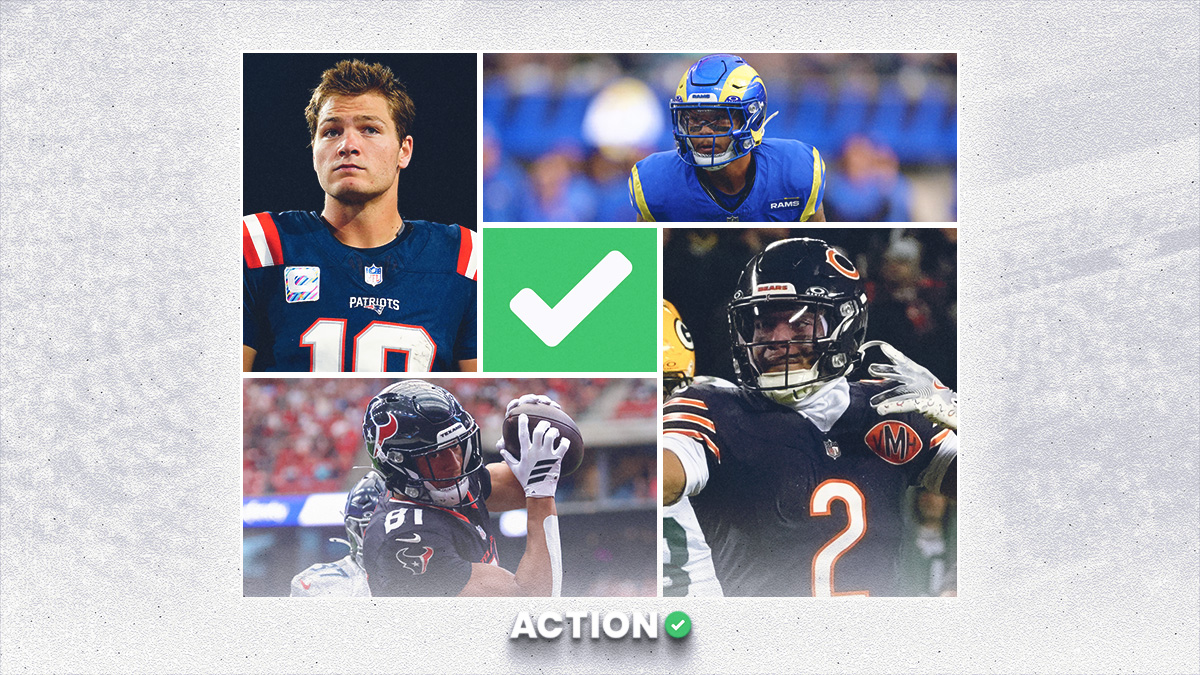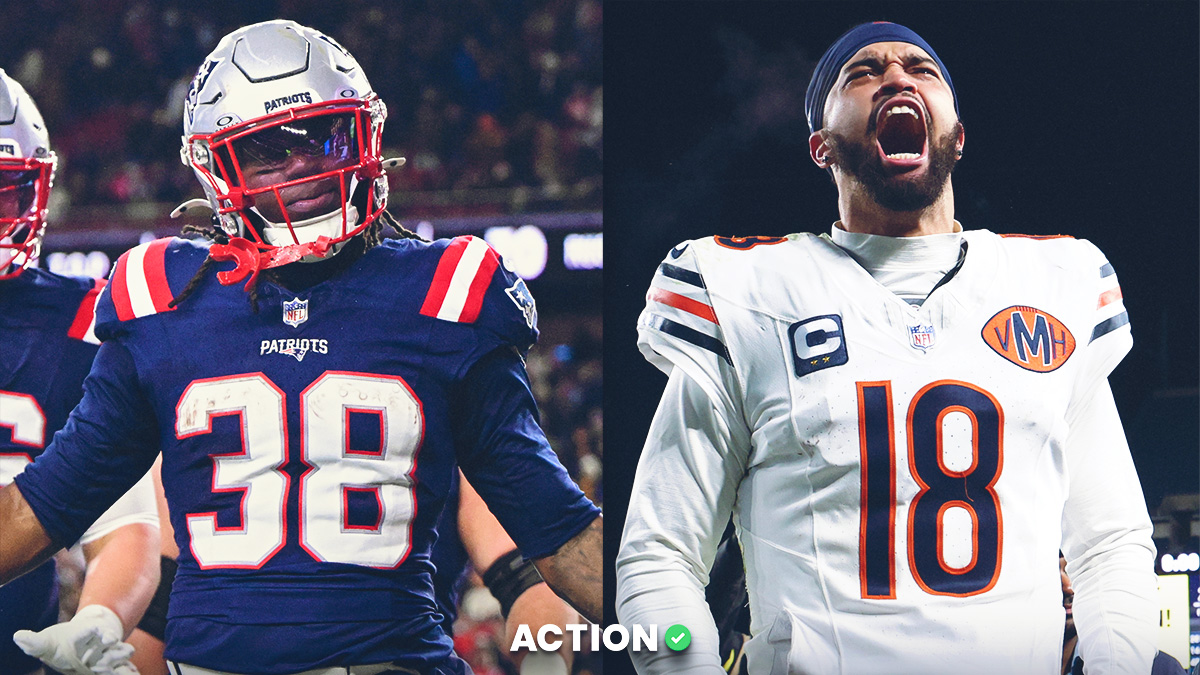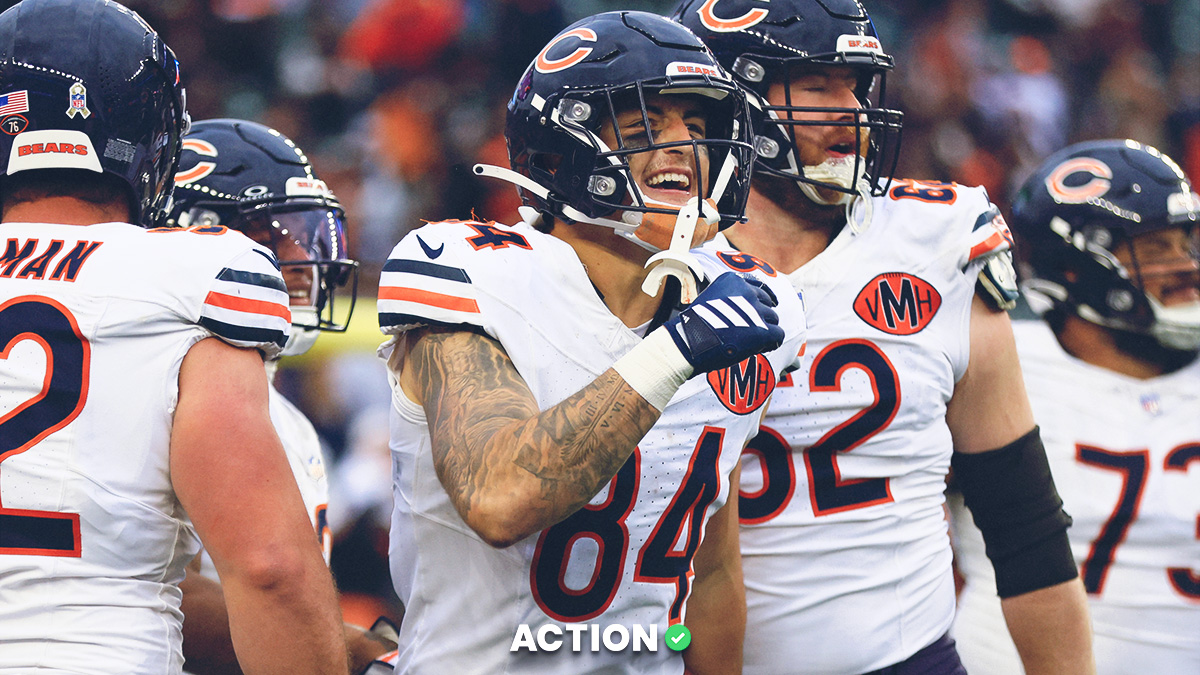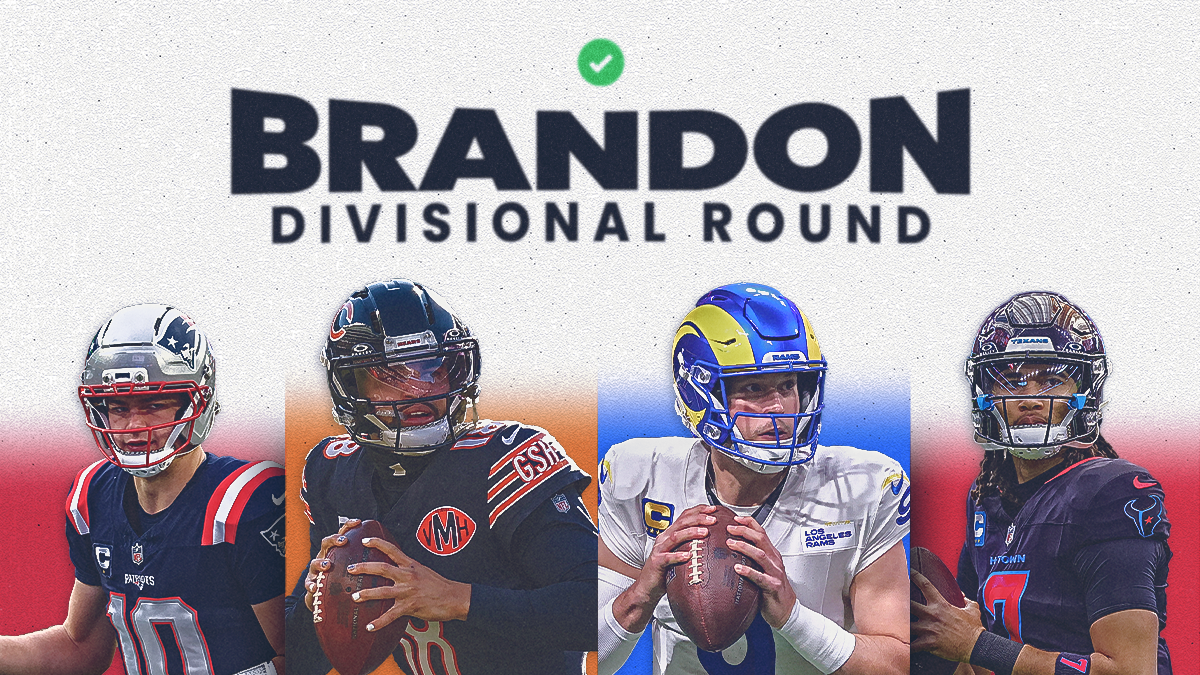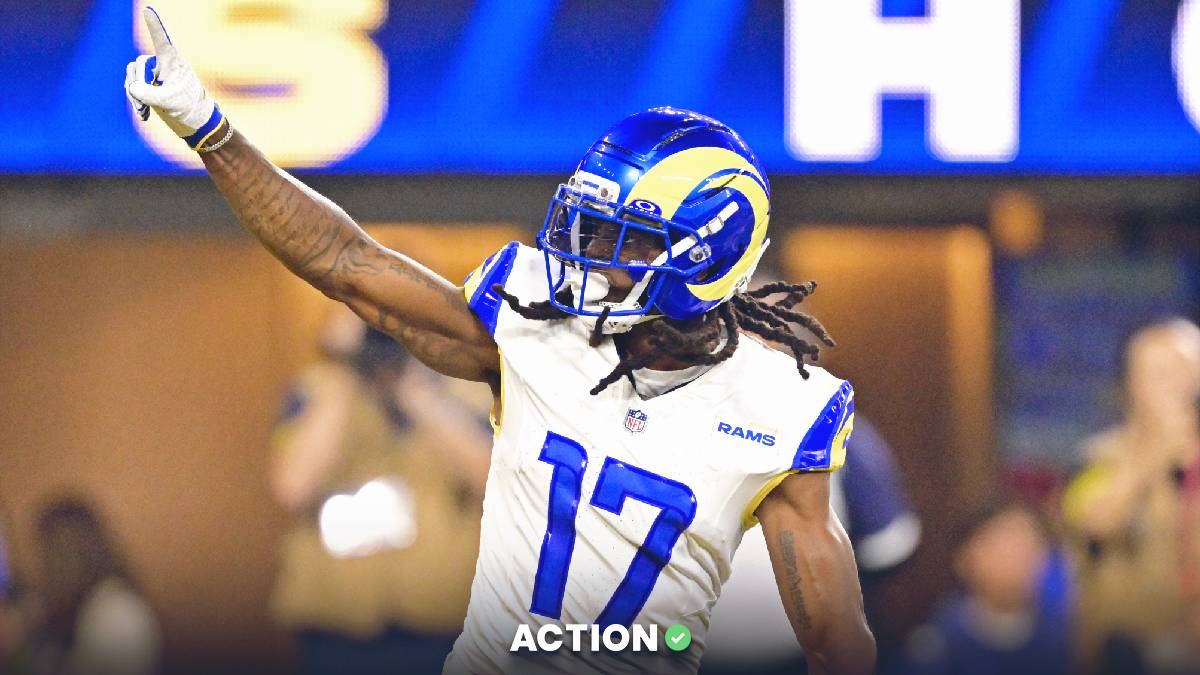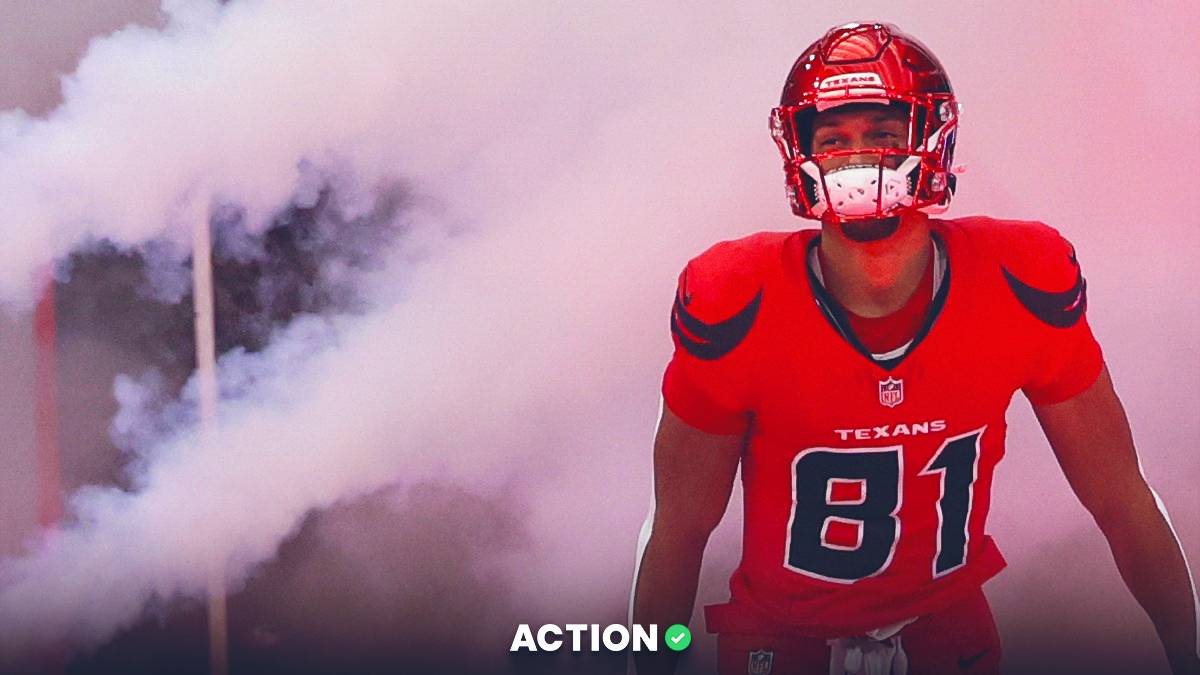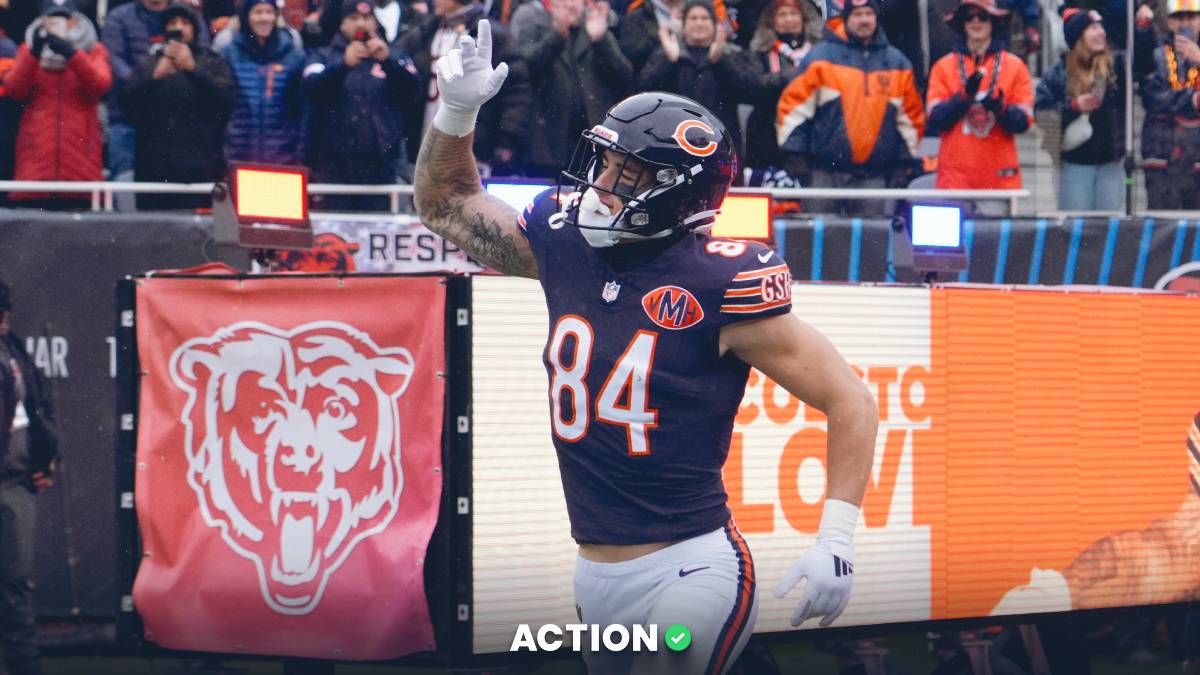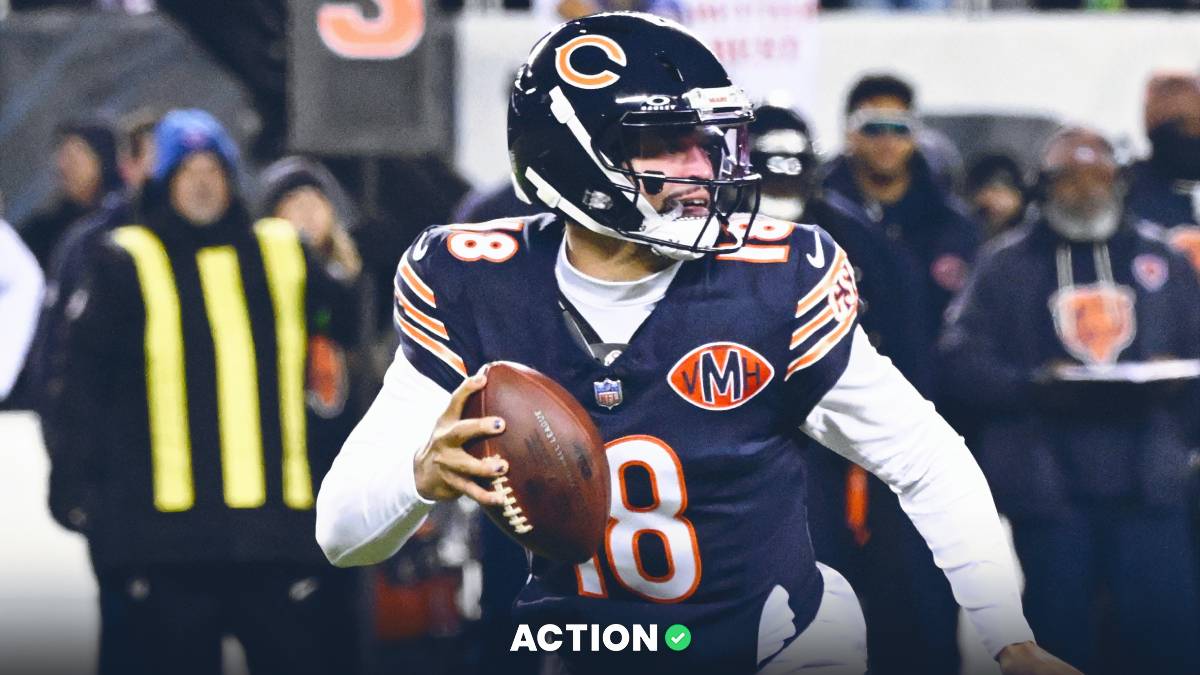The NFL has provided guidance to all 32 teams to reaffirm its rule regarding eligible receivers after a controversial penalty negated a Lions win and gifted the Cowboys a victory — and the potential No. 2 seed — this past weekend.
In essence, the NFL said that teams needed to verbally and physically communicate which typically ineligible receiver will be eligible on a given play. In addition, the league reaffirmed that teams should not use deception to disguise which player is truly the eligible receiver on a given play.
Players with jersey numbers between 50 and 79 or 90 to 99 must verbally report to the referee his eligibility before a snap. The referee then communicates that to the defense and through the PA system in order to ensure fairness.
The NFL said in its memo that players must provide a physical signal, too, prior to the snap in order to emphasize that the player is eligible.
In Lions vs. Cowboys, Detroit attempted to use mild deceit by sending three offensive lineman to the referee in order to mask who was truly eligible on the play.
The referee reported Detroit offensive tackle Dan Skipper as eligible when the Lions intended for Detroit left tackle Taylor Decker to be the eligible offensive lineman on the play. It's a point of contention as to what went down during their conversations, but both Skipper and Decker said they didn't verbally communicate with referee Brad Allen before Allen had made up his mind as to who was the eligible receiver.
Allen, for his part, said Skipper reported himself as eligible.
Decker caught a two-point conversion that would've given the Lions a win, but because Skipper had been the one announced, the play resulted in a five-yard penalty.
The confusion stems from a myriad of issues — first and foremost, miscommunication by both sides.
In addition, Skipper had lined up as an eligible receiver in the first quarter from a similar formation and gave the same signal that indicated he was an eligible man. The similarities between the two plays further confirmed the referee's bias that it was Skipper who was supposed to be the eligible man.
Furthermore, the referee did not reaffirm with the Lions after making his report. Nor did any member of the Lions correct his announcement to the Cowboys defense.
Decker — the man who caught the would-be game-winning pass — also confirmed postgame that he didn't verbally report himself as eligible to the receiver. He only did so with hand signals.
The NFL memo reaffirmed the need to both verbally and physically indicate to the referees your intention to be an eligible receiver.
The Lions would go on to retry the two-point conversion from the 7-yard line, which Jared Goff threw an incomplete pass on a free play after Cowboys edge rusher Micah Parsons was ruled offsides. Then, from the 3.5-yard line, the Lions failed to seal the game.
The NFL's memo was intended to defend its referee, who has been criticized ad nauseam for his errors this season — the Lions game did not constitute his first.
Still, the league's position is clear: The NFL believes it was the Lions' fault for not communicating properly and the team's attempt at deceit — attempting to mask the true eligible receiver — cost them the game.
For what it's worth, it doesn't mean Allen is off the hook, though. ESPN reported that Allen is expected to be downgraded, and his crew isn't expected to work during the postseason.
Now for this referee's series of mistakes this season.
Allen had led a crew for a Sunday night game between the Chiefs and Packers in which he failed to call a blatant pass interference penalty that would have put the Chiefs in the red zone inside two minutes when they trailed by eight points. Earlier that same drive, Allen called a roughing the passer penalty on a seemingly clean hit on Mahomes while the quarterback was still inbounds.
"That's gotta be a foul. That's gotta be a foul!"- Cris Collinsworth
"This is a foul… This is defensive pass interference."- Terry McAulay #SNF 🏈📺🎙️🦓 pic.twitter.com/WvsAIU7JXT
— Awful Announcing (@awfulannouncing) December 4, 2023
Yet still, earlier in December, Allen missed a roughing the passer call that would have allowed the Bears to kick a game-tying field goal as time expired.
While we wait for the Brad Allen pool report, here’s the roughing from two weeks ago that he failed to call, costing the Bears a crucial field goal.
Zadarius Smith was later fined for the hit. pic.twitter.com/M7yXLtOpr3
— Adam Hoge (@AdamHoge) December 31, 2023
Allen also led a crew that called 10 penalties on the Dolphins and none on the Eagles during a Sunday Night Football game in October, with at least one of the calls being a clear mistake. On fourth-and-3, the Dolphins didn't convert despite a blatant facemask penalty by cornerback James Bradberry.
— . (@nothighlighthea) October 23, 2023


